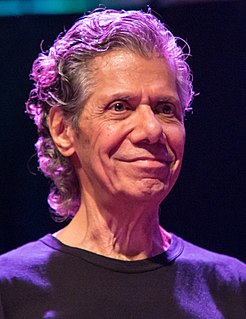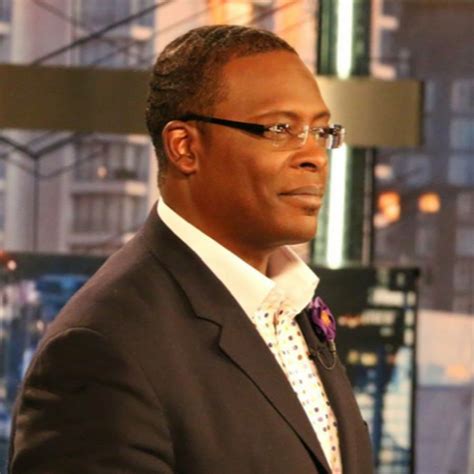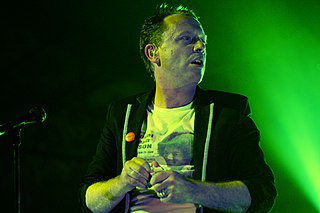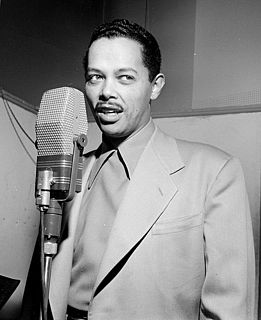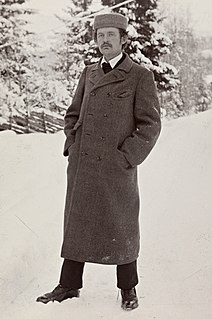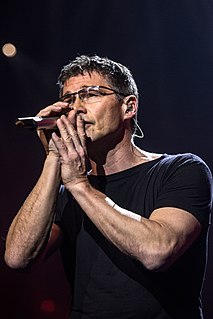A Quote by Bent Saether
We went from being thought of and talked about as "a band that plays a so-and-so style of music" (a grunge band, a stoner band, etc) to "a band that plays music with a certain sensibility or style to it". I'm not able to see quite what that is, but it's there and some people like it a lot.
Related Quotes
My dad was all about music. He was a musician, leading a band when I was born. His band was active all through the 40s. He'd started it in the late 20s and 30s. According to the scrapbook, his band was doing quite well around the Boston area. During the Depression they were on radio. It was a jazz-oriented band. He was a trumpet player, and he wrote and arranged for the band. He taught me how to play the piano and read music, and taught me what he knew of standard tunes and so forth. It was a fantastic way to come up in music.
I was basically 18 when I got offered to join Mister Valentine band and go on tour and leave high school. I was pretty stoked on that, but the band wasn't really my style so after like six months of playing with them I decided to play with the aesthetic of a DIY hardcore band playing pop music. That was the original idea.
We are a band that stylistically crosses a lot of barriers and generational gaps. The heavier portion of the band, the modern music elements, the visual part of the band appeal to a younger audience. For an older audience, we have chops and great songs that are reminiscent of the things that were great about rock and roll when they enjoyed it. We're the kind of band that can cross those lines.
I do not want and will not take a royalty on any record I record. I think paying a royalty to a producer or engineer is ethically indefensible. The band write the songs. The band play the music. It's the band's fans who buy the records. The band is responsible for whether it's a great record or a horrible record. Royalties belong to the band. I would like to be paid like a plumber. I do the job and you pay me what it's worth.
The nature of music fandom and music fans is that, very often, they fall in love with a band or a particular artist, and they really would like... I'm talking generally; that's not everyone. But a vast majority of the fan base would prefer the band to keep making the same record and the same style of music over and over again.


